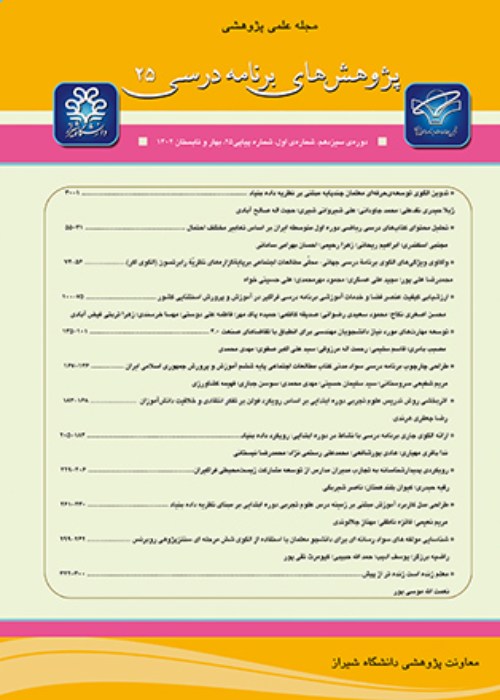Teachers’ Engagement with the Implementation of Curricula in Virtual Education and Their Solutions to Optimize the Teaching-Learning Process
Along with other types of education, virtual education has been popular for many years. Presently, due to the global Covid-19 pandemic and the consequent closure of schools and other educational institutions, the need for virtual education has become more and more apparent to everyone. The main challenges facing virtual education in elementary school can be broadly divided into four categories: 1. challenges related to teachers, 2. challenges related to students, 3. challenges related to parents, and 4. infrastructure challenges (Dehghani, Azad Dolabi, & Taamoli, 2021). Different countries have adopted different strategies to optimize virtual education. For example, some elementary and middle schools in Japan have taken steps to integrate virtual education into formal education (Murai and Muramatsu, 2020). In Finland, teachers worked in pairs and shared their work environment (Iivari, Sharma, & Ventä-Olkkonen, 2020), and in China, schools created a database to increase teachers’ information literacy in some primary and secondary schools (JU & YU, 2020). However, according to some teachers, virtual education is very time-consuming and has blurred the line between teachers’ personal and professional life (Anderson & Hira, 2020), leading to teacher burnout. A review ofthe literature revealed that each of the previous studies has addressed only some of the challenges and none has dealt comprehensively with all challenges. Also, the solutions offered to these challenges are somewhat general. Therefore, in the present study, a phenomenological approach was adopted, and in-depth semi-structured interviews with primary school teachers were analyzed to cast light on their engagement with virtual education and their strategies to optimize it.
1. How did primary school teachers engage with virtual education? 2. What strategies did primary school teachers adopt to optimize virtual education?
Given that the present study aimed to investigate primary school teachers’ engagement with virtual education and their strategies for its optimization, a qualitative approach and descriptive phenomenology were used. In total, 15 participants were selected using purposeful sampling, and data were collected using semi-structured interviews until theoretical saturation was reached. Colaizzi’s seven-step coding method was employed to analyze the data.
Regarding the first research question, the results of the interviews led to the identification of six main themes, which indicated different dimensions of primary school teachers’ engagement with virtual education. The themes identified included the following:vocational-technical skills, evaluation of students’ learning, effective interaction between teachers and students, parental involvement in virtual education, and infrastructure challenges. As regards the second research question, the analysis of the semi-structured interviews resulted in the identification of 29 strategies.
The results indicated that elementary school teachers had ambiguous ideas about the role and function of virtual education. Furthermore, the strategies adopted by them to optimize virtual learning reflected their tendency to generalize their understanding of face-to-face learning to virtual learning. Therefore, in this regard, it is necessary to provide a platform for primary school teachers to understand the potential and functions of virtual education as well as its limitations.
- حق عضویت دریافتی صرف حمایت از نشریات عضو و نگهداری، تکمیل و توسعه مگیران میشود.
- پرداخت حق اشتراک و دانلود مقالات اجازه بازنشر آن در سایر رسانههای چاپی و دیجیتال را به کاربر نمیدهد.





